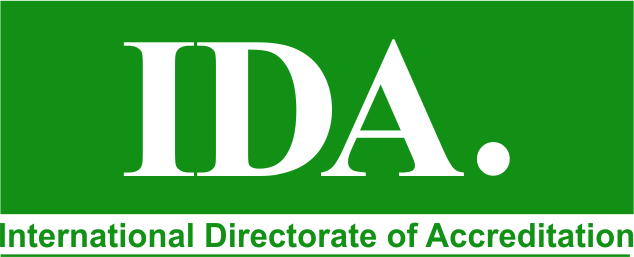Land Transport

Land Transport
The land transport industry comprises the rail and automotive transport systems, as well as road vehicles. It is a key component of World’s infrastructure. Emerging trends now include the development of autonomous and electric vehicles, as well as data analytics for commuter travel patterns, as major parts of the industry. Technology is also impacting the ways in which infrastructure is maintained, by enabling predictive maintenance and increasing workplace safety.
The need to ensure the safety and reliability of transport underpins almost all economic activity, from technological innovation to vehicle functionality. Conformity Assessment Bodies (CABs) are able to provide qualified assurances in this regard.
For vehicle manufacturers, functional testing and certification (e.g. ISO 26262) is particularly important. They can also benefit from accreditation via non-destructive testing of equipment and infrastructure components, as well as civil engineering-related testing.
Precision calibration and measurement may also be useful; these are essential to businesses involved in constructing or operating transport hardware. In addition, electrical testing may be needed to assess compliance to safety requirements (this is common practice to validate the safety of vehicles and their individual parts).
Special utility vehicles, such as waste collection vehicles, may require tests for devices such as hook lifts, to ascertain functionality and safety.
Management systems certifications are also useful to land transport systems; both for optimizing operations, and for demonstrating the quality of management systems. Some examples of applicable certification are quality management (ISO/ TS 16949), environmental management (ISO 14001), and occupational health and safety (ISO 45001). Asset management system certification is another option for businesses operating large fleets, such as bus fleets.
Innovative transport solutions require testing to meet safety requirements as well. However, there may be a greater focus on the technological aspects rather than existing industry needs, due to the heavy involvement of info communications technology.
IDA has accreditation schemes for both laboratories, as well as certification bodies who are able to provide relevant testing and accreditation. Proper accreditation increases confidence in existing and emerging infrastructure and technology in the land transport industry.
The following IDA accreditation schemes are applicable to the Land Transport industry:
Scheme |
Field |
| Laboratories | Calibration & Measurement |
| Environmental Testing | |
| Civil Engineering | |
| Non-destructive Testing | |
| Management Systems Certification | Asset Management |
| Environmental Management System | |
| Learning Service Providers | |
| Occupational Safety & Health Management System | |
| Quality Management System |
SECTORES
LATEST UPDATES
Improving The Integrity Of The Supply Chain On World Accreditation Day
NOVEMBER 7, 2017
Dutch HACCP certification is coming to an end. What are the alternatives?
SEPTEMBER 29, 2017
